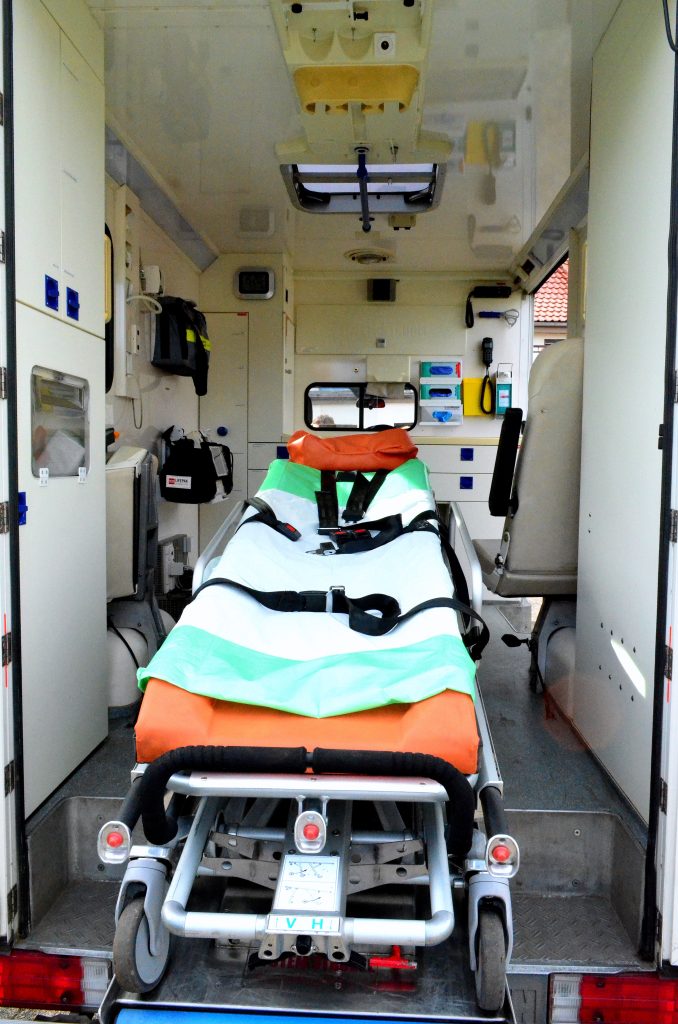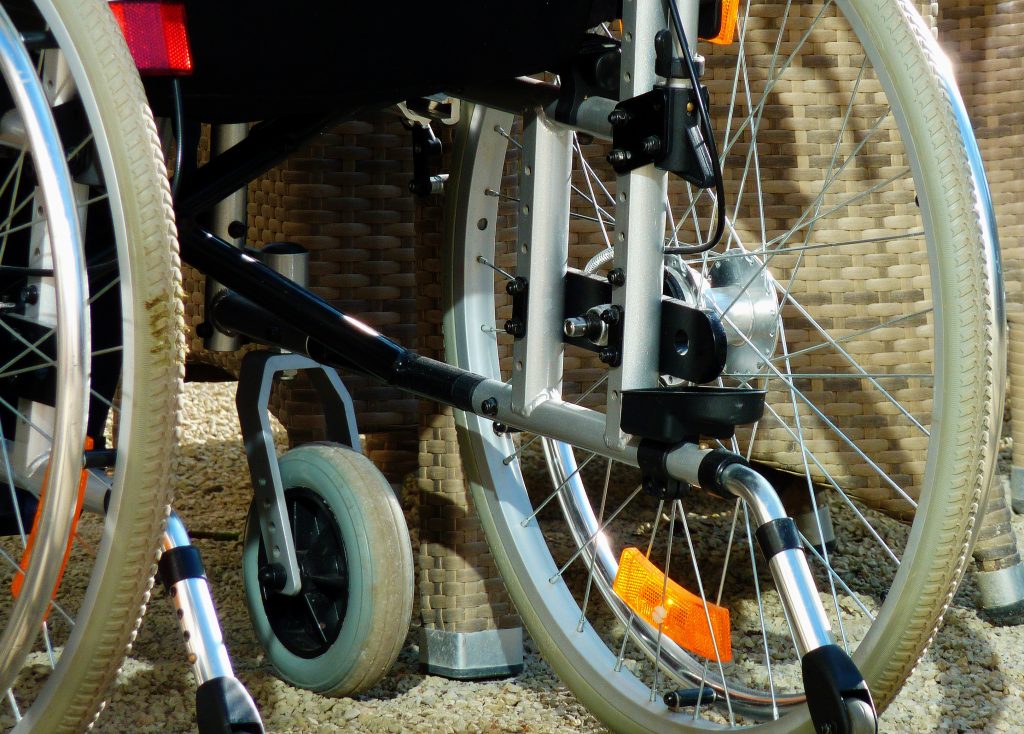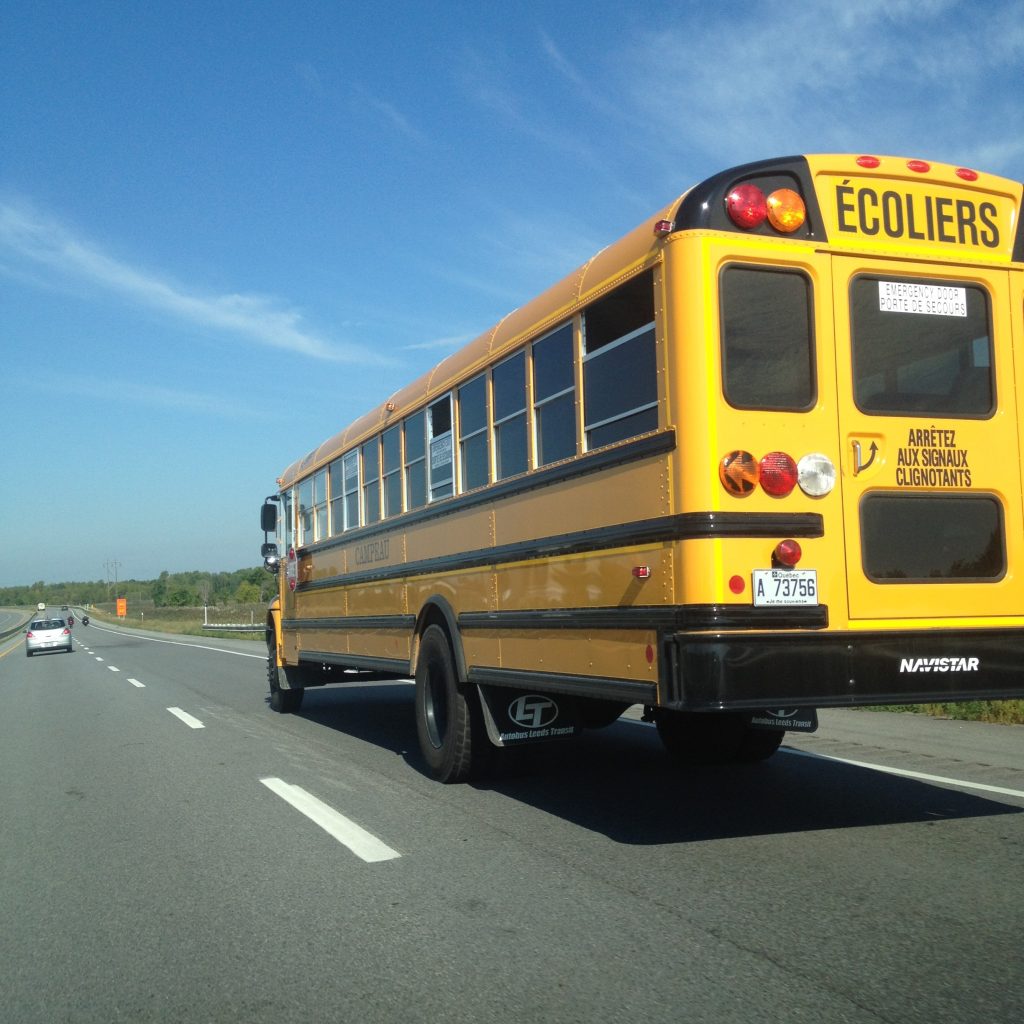 The vibrant spirit of Mardi Gras parades, with their kaleidoscope of colors and joyous revelry, often paints a picture of unadulterated celebration. Yet, beneath the surface of these festivities, unexpected tragedies can unfold, turning the jubilation into a legal labyrinth. Such was the case in Franklin, Louisiana, where a moment of revelry took a distressing turn as a float participant was tragically injured during a parade. What followed was a legal showdown, entangling federal regulations, contractual intricacies, and the question of liability. Amidst the sparkle and confetti, a courtroom drama unfolded, revealing the complex legal considerations surrounding the incident.
The vibrant spirit of Mardi Gras parades, with their kaleidoscope of colors and joyous revelry, often paints a picture of unadulterated celebration. Yet, beneath the surface of these festivities, unexpected tragedies can unfold, turning the jubilation into a legal labyrinth. Such was the case in Franklin, Louisiana, where a moment of revelry took a distressing turn as a float participant was tragically injured during a parade. What followed was a legal showdown, entangling federal regulations, contractual intricacies, and the question of liability. Amidst the sparkle and confetti, a courtroom drama unfolded, revealing the complex legal considerations surrounding the incident.
Troylond Wise was driving an 18-wheeler he owned but had leased to ACME Truck Line when he was involved in an accident during a parade. Before the accident occurred, Takisha Welch asked Wise to pull a truck for a Mardi Gras parade in Franklin, Louisiana. Welch paid $100 to Wise to use his tractor-trailer. On the parade day, Bridget Jackson was riding in the floating Wise was pulling. When Wise tried to turn right, Jackson was thrown from the float. Wise then ran over her twice.
Jackson filed a lawsuit against Wise, ACME, and First Guard Insurance Company, the tractor-trailer’s liability insurer. Franklin subsequently settled with First Guard, so the claims against it were dismissed. Before the accident, Wise had a five-year lease with ACME, whereby Wise leased ACME his tractor-trailer.
 Louisiana Personal Injury Lawyer Blog
Louisiana Personal Injury Lawyer Blog


 At the end of a trial, you are focused on whether or not the Judge ruled in your favor. However, it is not enough to only know who won the case, especially if you are considering an appeal. This case indicates the importance of paying attention not only to the outcome but also to the language in the final judgment the trial court issues. Louisiana has strict requirements for language that must be included in a final judgment for it to be valid so that an appellate court can hear the appeal.
At the end of a trial, you are focused on whether or not the Judge ruled in your favor. However, it is not enough to only know who won the case, especially if you are considering an appeal. This case indicates the importance of paying attention not only to the outcome but also to the language in the final judgment the trial court issues. Louisiana has strict requirements for language that must be included in a final judgment for it to be valid so that an appellate court can hear the appeal.  If you are considering filing a lawsuit, there are numerous procedural requirements with which you must comply. One of these requirements is that you file your lawsuit within the required period of time after the at-issue incident occurred. While the date you file your lawsuit is typically determined by the day the court receives your petition, the following case involves a special exception that applies to prisoners in certain situations.
If you are considering filing a lawsuit, there are numerous procedural requirements with which you must comply. One of these requirements is that you file your lawsuit within the required period of time after the at-issue incident occurred. While the date you file your lawsuit is typically determined by the day the court receives your petition, the following case involves a special exception that applies to prisoners in certain situations.  Homeowners often have to deal with contractors, such as plumbers, completing work in their homes or yard. What happens when a homeowner is injured from a condition on the property the contractor created? The following case helps answer that question.
Homeowners often have to deal with contractors, such as plumbers, completing work in their homes or yard. What happens when a homeowner is injured from a condition on the property the contractor created? The following case helps answer that question.  Medical emergencies call for swift and professional response from emergency medical personnel. However, what happens when a patient sustains additional injuries during transit due to unforeseen circumstances? The following case highlights the complexities of dealing with immunity laws for government employees and emphasizes the importance of seeking legal counsel to navigate statutory requirements and potential exceptions when considering legal action in such situations.
Medical emergencies call for swift and professional response from emergency medical personnel. However, what happens when a patient sustains additional injuries during transit due to unforeseen circumstances? The following case highlights the complexities of dealing with immunity laws for government employees and emphasizes the importance of seeking legal counsel to navigate statutory requirements and potential exceptions when considering legal action in such situations. Many of us provide support to elderly folks in our lives through our time and money. We expect the utmost attention and respect when we send a loved one to a care facility. Sometimes accidents happen, whether by negligence or by accident, that result in injury to patients. Regardless of the cause of injury, a lawsuit can help hold medical professionals responsible for the type of care they provide. The difference between a tort and a medical malpractice claim for nursing home injuries is examined in the following case.
Many of us provide support to elderly folks in our lives through our time and money. We expect the utmost attention and respect when we send a loved one to a care facility. Sometimes accidents happen, whether by negligence or by accident, that result in injury to patients. Regardless of the cause of injury, a lawsuit can help hold medical professionals responsible for the type of care they provide. The difference between a tort and a medical malpractice claim for nursing home injuries is examined in the following case.  People often assume that pedestrians always have the right of way. While this adage is partially true, pedestrians who avoid proper safety protocols can be found more at fault for an injury than the car that struck them. If avoiding physical trauma is not motivation enough to look both ways before crossing the street, the following lawsuit may encourage you to take proactive steps to avoid being hit.
People often assume that pedestrians always have the right of way. While this adage is partially true, pedestrians who avoid proper safety protocols can be found more at fault for an injury than the car that struck them. If avoiding physical trauma is not motivation enough to look both ways before crossing the street, the following lawsuit may encourage you to take proactive steps to avoid being hit. Amid the potential chaos and life-or-death scenarios in a hospital emergency room, “negligent credentialing” might not immediately come to mind. It’s understandable; after all, numerous nightmare scenarios occupy our thoughts. However, negligent credentialing is an incredibly significant matter that hospitals face regularly.
Amid the potential chaos and life-or-death scenarios in a hospital emergency room, “negligent credentialing” might not immediately come to mind. It’s understandable; after all, numerous nightmare scenarios occupy our thoughts. However, negligent credentialing is an incredibly significant matter that hospitals face regularly. Getting workers’ compensation from an employer is already difficult, but it is even more so when the claim is filed in the wrong court. Although employees are entitled to workers’ compensation, the claim has to be filed in the correct jurisdiction. The following case shows what happens when you are injured while working and attempt to file a claim for workers’ compensation in a state where you were not employed.
Getting workers’ compensation from an employer is already difficult, but it is even more so when the claim is filed in the wrong court. Although employees are entitled to workers’ compensation, the claim has to be filed in the correct jurisdiction. The following case shows what happens when you are injured while working and attempt to file a claim for workers’ compensation in a state where you were not employed.  It is well known that every court order contains a physical copy declaring what the verdict of the case is, otherwise known as a final judgment. However, the order must contain what we call “decretal language.” But what in the world does that mean? The Louisiana Third Circuit Court of Appeal discusses this question and when a final judgment can be amended to contain all the necessary language crucial for the order.
It is well known that every court order contains a physical copy declaring what the verdict of the case is, otherwise known as a final judgment. However, the order must contain what we call “decretal language.” But what in the world does that mean? The Louisiana Third Circuit Court of Appeal discusses this question and when a final judgment can be amended to contain all the necessary language crucial for the order.